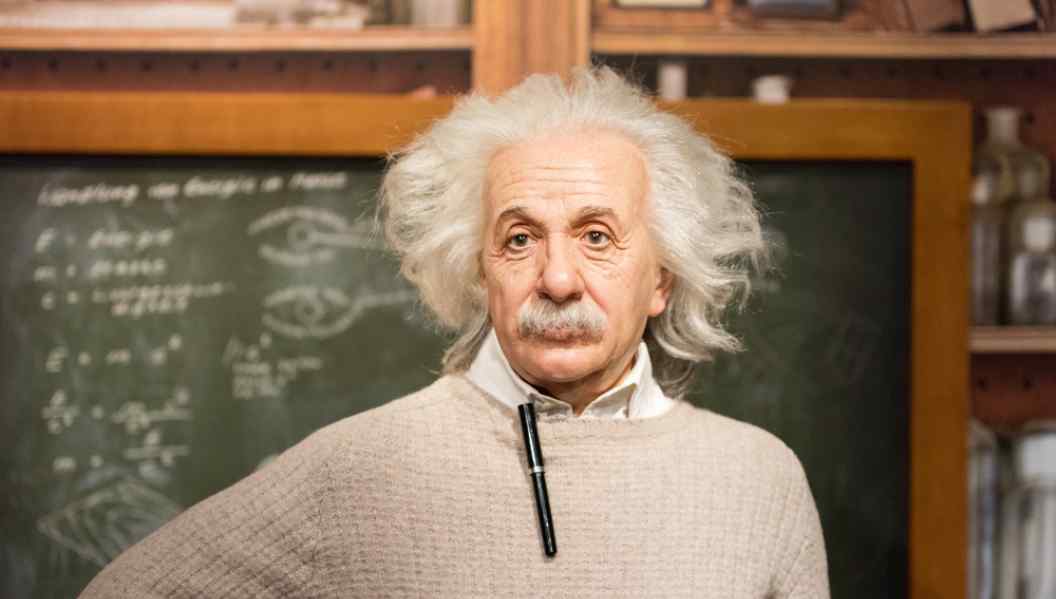Albert Einstein is a well-known figure and many are also very well aware of how great he was out of the science world. He was said to be humorous and kind by the people who knew him.
Apart from the good traits he was so popular for, he also seemed to be in his world, caught up in theories that already existed or would exist. The human brain holds many amazing facts. Albert Einstein was famous for his genius because he could use his mind to its fullest potential. However going through his diary, it was discovered that Albert Einstein disliked Chinese people.
What was the content of the diary?

Albert Einstien’s diary from the 1920s recorded journals that hits at Xenophobia. He visited China during his Asia tour and he was very amused by the Chinese and the conditions they lived in.
He did not seem to have made great memories with the Asians, especially the Chinese. He described the Chinese as “industrious, filthy, obtuse people”. He was also very concerned about how the Chinese would take over: “supplanting all other races”. And were they supposed to successfully do this, it would be very depressing: “unspeakable dreary”. And called them a “peculiar herd-like nation”.
What was China like when Einstein criticized it?

Let me give you an insight into what China looked like:
China was going through considerable turmoil and people were focusing on sustaining themselves rather than focusing on development. There was much increase in income for a very long time because of which there were disparities in income.
The May Fourth movement spread iconoclastic and reformist ideas, advocating for cultural and political change. Then the Chinese communist party emerged directly from the May Fourth movement and unfortunately, the leaders believed in the necessity of a social revolution.
China was in a period of political awakening, social change, and revolution. Not everyone in China was fortunate to be born in a wealthy.
Some say he was merely stating what he saw. The China in 3000 BC was completely different from the China it is now. Some think that this is a wake-up call to not idolize a public persona blindly because some may be of the notion that whatever a great humanitarian icon does is morally correct.
Everyone has that one irrational unpopular opinion and we should not be judged upon them alone because we are more than those controversial opinions. Imagine what it was like to meet Einstein after all the controversy. But that being said, we should also hold people accountable so the people who look up to them do not get wrongly influenced by them.
The person you revere can have flaws but that being said you should be able to tell right from wrong and follow them with the right ideology.
You may also like:
Is it true that DNA can contain memories
Some cool facts about the Universe
FAQs
What were Albert Einstein’s controversial opinions?
He wrote that he supported socialism and called capitalism “economic anarchy.”
What was Albert Einstein against?
As an Ashkenazi Jew who was deeply opposed to the actions of the Nazi regime, Einstein abandoned his German citizenship and moved permanently to the United States, where he became an American citizen in 1940 after his family was subjected to persistent harassment by the Gestapo.
Which country was Albert Einstein never a citizen of?
He gave up his German citizenship in 1896. Prior to gaining Swiss citizenship in 1901, he was a citizen of no country at all.
Why was Einstein’s mother against him?
Because Mileva was three years older than Albert Einstein, and hence too young for him, her mother opposed her son’s marriage to Mileva. Her intelligence also troubled her. She also believed that to him, she was simply a book.
What was Albert Einstein’s IQ?
The majority of theories place Einstein’s IQ between 160 and 190. The exact result remains unknown because he never participated in any form of intelligence test.
Did the FBI follow Einstein?
Albert Einstein was under regular FBI monitoring from the time he arrived in the United States in 1933. This was because the FBI was concerned about his support for Zionism and his call for world government to bring about peace.













